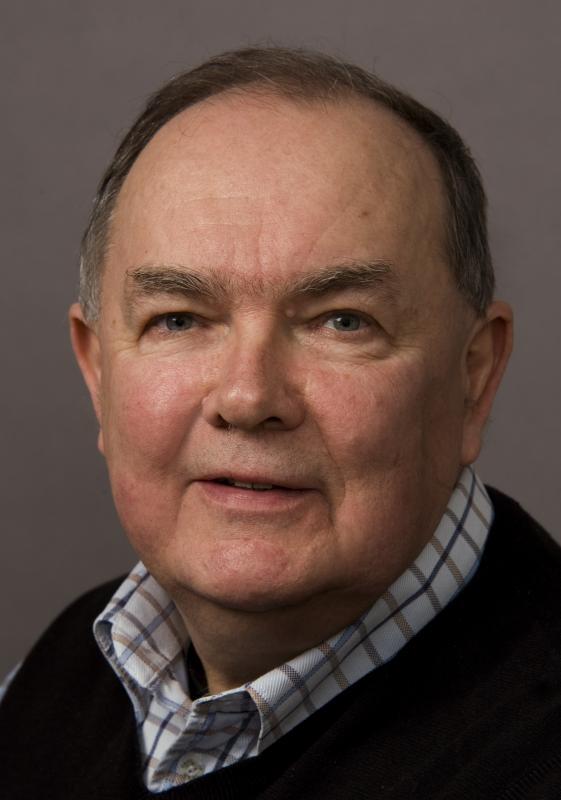Dry eyes or dry mouth? It may be Sjögren's syndrome
How can people suffering from Sjögren's syndrome get a proper diagnosis and better treatment? This is the key issue at the thirteenth International Symposium on Sjögren's syndrome in Bergen.

Main content
A feeling of sand in the eyes, dry mouth and trouble swallowing dry food, joint pain, muscle pain and fatigue; these are some of the most common symptoms for those suffering from Sjögren's syndrome.
“The disease is a chronic inflammatory disease that affects the glands in the body, particularly the tear glands and the salivary glands, resulting in decreased production of tears and saliva. However, since the symptoms are so diverse and common, it often takes a long time before patients are diagnosed correctly. Many patients actually do not know that they have the disease,” says Professor Roland Jonsson.
Better diagnosis and treatment
Jonsson is head of the Broegelmann Research Laboratory at the Department of Clinical Science at the University of Bergen (UiB). The laboratory which will be hosting the thirteenth International Symposium on Sjögren's syndrome. Despite tough competition from a number of other institutions, they were granted the right to organise the symposium, and from 19 to 22 May, 250 participants from around the world arrives in Bergen to attend the biannual event. Several patients with Sjögren's syndrome, who take part in various research projects, are among the participants.
“The symposium is really a very important meeting point for everyone doing research on this disease, as well as for the patients. It brings us up to date about the latest scientific findings and new research projects. In addition, the exchange of ideas helps improving the understanding of the disease and thereby improves diagnosis and treatment,” explains Jonsson.
Little known desease without cure
Sjögren's syndrome is little known, despite the fact that it is one of the most common chronic rheumatic inflammatory diseases, approximately as common as lupus, another chronic rheumatic disorder. It is estimated that about 0.05 per cent of the population suffers from the illness. This means that in Bergen, a couple of hundred persons have the disease. The lack of knowledge about Sjögren's means that many do not know that they have it.
“Another problem with this disease is that there is no cure,” says Jonsson. “Consequently, the treatment focuses on relieving symptoms and pain. And this is precisely why the symposium is so important, so that we can give the patients the best treatment possible. An important theme of the symposium is the recent testing of biological medicines to treat the disease. These medicines have revolusionized the treatment of arthritis in the past decade.”
Less patient discomfort with new tehnology
During the symposium, there will be both lectures and posters presenting new research findings, and some researchers from Broegelmann Research Laboratory will talk about a new technology they are developing.
“Using ultrasound, we hope to be able to diagnose patients without having to perform a biopsy, which will give much less patient discomfort,” says Jonsson.
